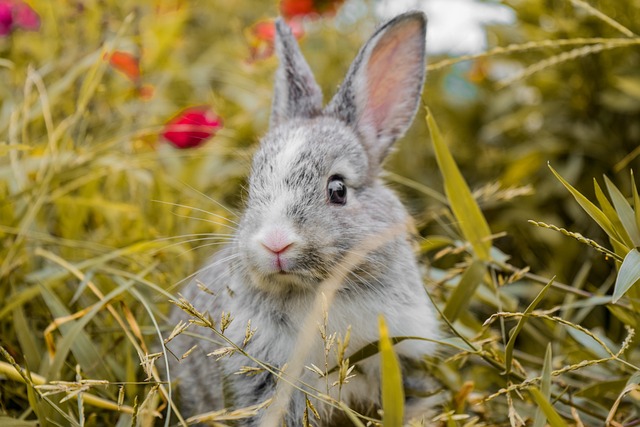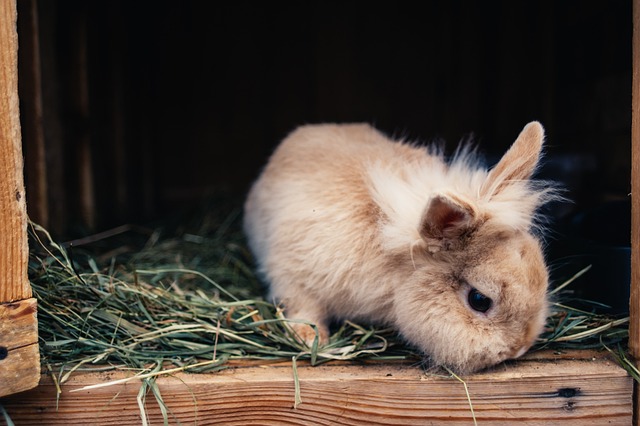
Rabbit Care Guide
I. Introduction
Rabbits make great pets, but they require a specific type of care in order to stay healthy and happy.
This guide will cover everything you need to know about rabbit care, including diet, housing, grooming, and health care.
II. Diet
A rabbit’s diet should consist mostly of hay, fresh vegetables, and a small amount of pellets.
Hay is essential for a rabbit’s digestion and should be available at all times.
Fresh vegetables, such as carrots, lettuce, and broccoli, can be given as a daily treat.
Pellets should be given in small quantities, as too many can cause obesity and other health problems. Rabbits are herbivores, which means they should be fed a diet consisting mainly of hay, fresh vegetables and fruits, and high-quality rabbit pellets. Avoid giving them too many sugary treats or foods that are toxic to rabbits, such as chocolate or avocado.
III. Housing
A rabbit should have a spacious cage or hutch with room to move around, stand up, and stretch out.
The cage should be cleaned regularly and the bedding should be changed often.
A rabbit should also have access to a safe and secure outdoor area for exercise and fresh air. Your rabbit should have a spacious, safe and secure indoor or outdoor enclosure with plenty of space to move around. They need enough space to stretch out fully, stand up on their hind legs, and hop around.

IV. Grooming
A rabbit should be groomed regularly to keep its coat clean and free of mats.
This includes brushing the coat, trimming nails, and cleaning the ears.
Regular grooming can also help bond with your rabbit and check for any signs of illness. Regular grooming can help keep your rabbit’s fur and skin healthy. Brush your rabbit at least once a week, and check their ears, eyes, and nails regularly to make sure they are clean and trimmed.
V. Health Care
Regular vet check-ups are important to ensure that your rabbit stays healthy.
Signs of illness include lack of appetite, lethargy, and changes in bowel movements.
Vaccinations, parasite control, and dental care may also be necessary.
VI. Hydration
Make sure your rabbit always has access to fresh water. Provide them with a clean water bottle or bowl, and change the water daily.

VII Exercise
Rabbits are active animals and need regular exercise. Provide your rabbit with plenty of opportunities to run, jump, and play. You can create a play area for your rabbit using tunnels, toys, and cardboard boxes.
VIII Veterinary Care
Regular veterinary checkups are important for maintaining your rabbit’s health. Rabbits should receive annual checkups, and any signs of illness or injury should be addressed immediately.
IX. Rabbit Care – Conclusion
By following these guidelines, you can provide your rabbit with the proper care it needs to live a happy and healthy life. Remember to always consult with a veterinarian for specific advice and tips for your rabbit.




